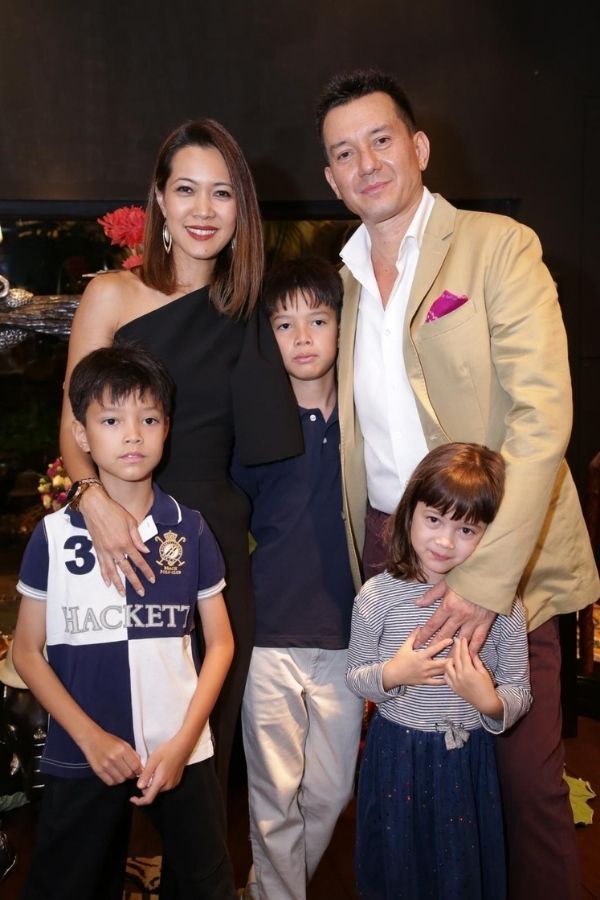When you take away societal expectations and gender norms, where is the line supposedly drawn between a ‘father’ and a ‘mother’, when the two are simply parents who want the best for their children?
You are a Malaysian woman who conceived while abroad. And though motherhood is a joyous occasion, a gut-churning anxiety roils at the back of your mind as you wonder what this will mean for your child’s future—because despite being born from a Malaysian mother and are thus of Malaysian descent, they were not born on Malaysian soil and as a consequence, not considered Malaysian.
See also: Art Celebrating Mothers & Motherhood By Malaysian Artists
Even when you should not even have to justify why you could not come home to give birth, you do it anyway, because you want to be able to bring your child back to your home country. Yet, despite explaining the dangers of flying while pregnant, the travel restrictions caused by the pandemic, or that you had health complications that barred you from travelling, the way back home is shut to the child you carried for nine months, and by extension, you.

Before the landmark ruling made by the Kuala Lumpur High Court on September 9, 2021, where Malaysian mothers with a foreign spouse could now automatically confer citizenship to their overseas-born children, the language the provisions of the Federal Constitution had used for their citizenship application were ambiguous at best, and outright preferential at worst.
To clarify, although Article 15(2) states that the Federal Government may cause any person under the age of 21 whose parents one at least is (or was at death) a citizen to be registered as a citizen upon application made to the Federal Government by his parent or guardian, the actual proceedings for a Malaysian mother to have the applications actively processed was an exhaustive trial many have had to contend with for decades. However, up until December 2020, these cases have been swept under the rug, either left hung out to dry as ‘pending’ applications or rejected without reason.

